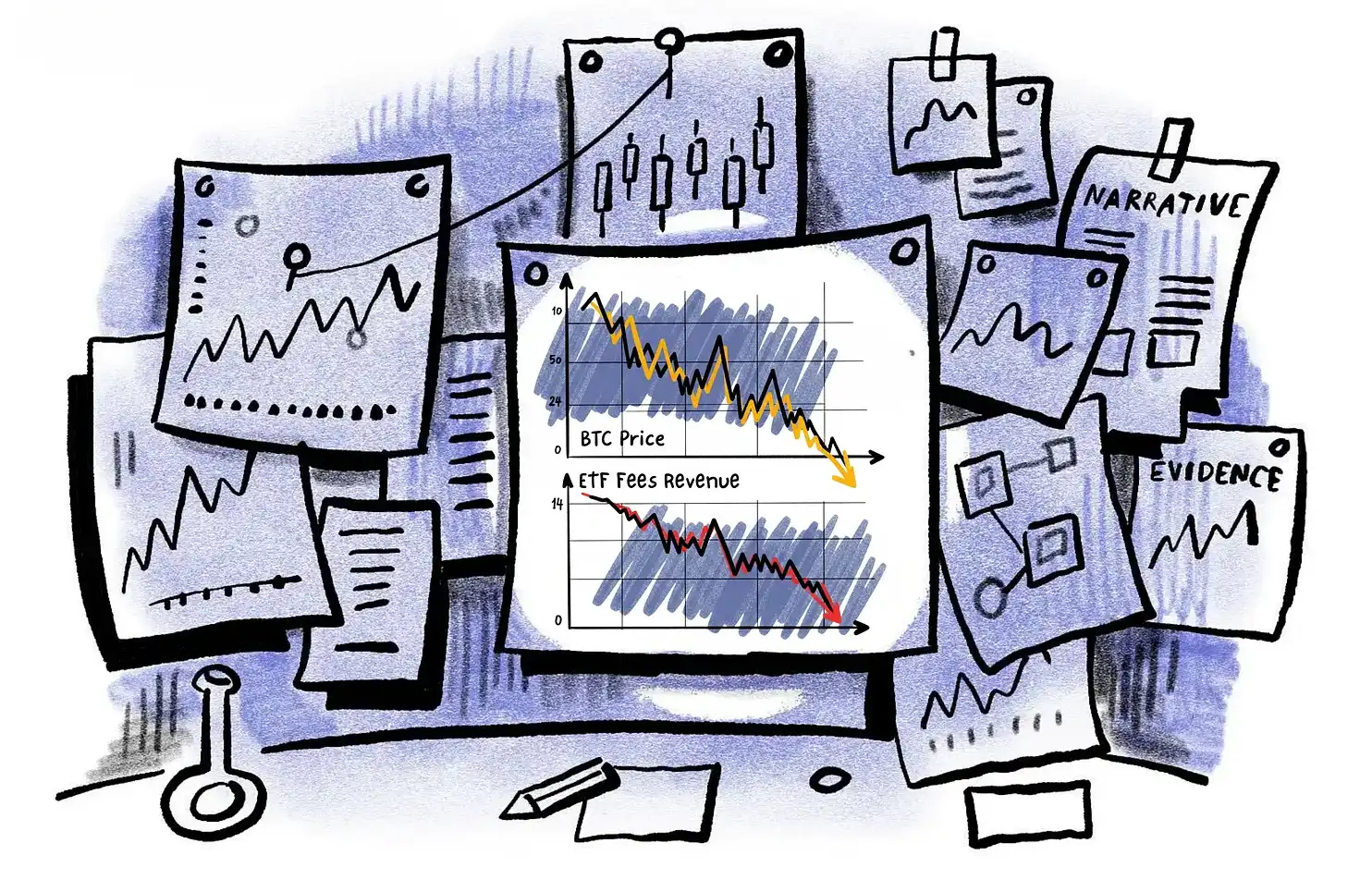Vitalik Buterin proposes a privacy-focused digital identity model
- Digital identity with privacy using zero-knowledge proof
- Vitalik Buterin criticizes systems with a single identity per person
- Proposal favors inclusion in cryptocurrency ecosystems
Ethereum co-founder Vitalik Buterin has presented a groundbreaking proposal for developing more inclusive digital identity systems that preserve user privacy. In a recent publication, he introduced the concept of "pluralistic identity," advocating for a decentralized approach to identification in the digital environment, especially relevant to the cryptocurrency ecosystem.
According to Buterin, models that impose a single identity per individual can compromise pseudonymity and facilitate surveillance. He emphasizes that the use of multiple accounts is essential in digital environments where privacy must be guaranteed, such as in crypto communities or sensitive regulatory spaces.
The developer highlights the advantages of applying zero-knowledge (ZK) proof technologies, which allow for the verification of someone's identity without revealing personal information. Projects such as World ID and digital identity programs in Taiwan and the European Union were cited as examples in this regard. However, he also warned of the risk of such solutions evolving into centralized systems controlled by governments or large corporations.
Buterin also criticizes “proof of wealth” as a criterion of identity, classifying this approach as exclusionary and biased, as it benefits those with greater financial resources and marginalizes users with less purchasing power.
The proposed solution involves creating identity networks based on social graphs and multiple issuers, preventing a single entity from concentrating control. This would allow for the construction of more resilient and inclusive digital systems, encompassing users with formal documents as well as those without any traditional form of identification.
Vitalik advocates combining different schemes to achieve a balance between privacy, abuse resistance, and fair access. He believes these pluralistic identities are essential for a more ethical, transparent digital future that aligns with the decentralized spirit of cryptocurrencies.
Disclaimer: The content of this article solely reflects the author's opinion and does not represent the platform in any capacity. This article is not intended to serve as a reference for making investment decisions.
You may also like
Mars Morning News | Ethereum Fusaka upgrade officially activated; ETH surpasses $3,200
The Ethereum Fusaka upgrade has been activated, enhancing L2 transaction capabilities and reducing fees; BlackRock predicts accelerated institutional adoption of cryptocurrencies; cryptocurrency ETF inflows have reached a 7-week high; Trump nominates crypto-friendly regulatory officials; Malaysia cracks down on illegal Bitcoin mining. Summary generated by Mars AI. The accuracy and completeness of this summary are still undergoing iterative updates.

Do you think stop-losses can save you? Taleb exposes the biggest misconception: all risks are packed into a single blow-up point.
Nassim Nicholas Taleb's latest paper, "Trading With a Stop," challenges traditional views on stop-loss orders, arguing that stop-losses do not reduce risk but instead compress and concentrate risk into fragile breaking points, altering market behavior patterns. Summary generated by Mars AI. The accuracy and completeness of this summary are still being iteratively improved by the Mars AI model.

With capital outflows from crypto ETFs, can issuers like BlackRock still make good profits?
BlackRock's crypto ETF fee revenue has dropped by 38%, and its ETF business is struggling to escape the cyclical curse of the market.

Incubator MEETLabs today launched the large-scale 3D fishing blockchain game "DeFishing". As the first blockchain game on the GamingFi platform, it implements a dual-token P2E system with the IDOL token and the platform token GFT.
MEETLabs is an innovative lab focused on blockchain technology and the cryptocurrency sector, and also serves as the incubator for MEET48.

